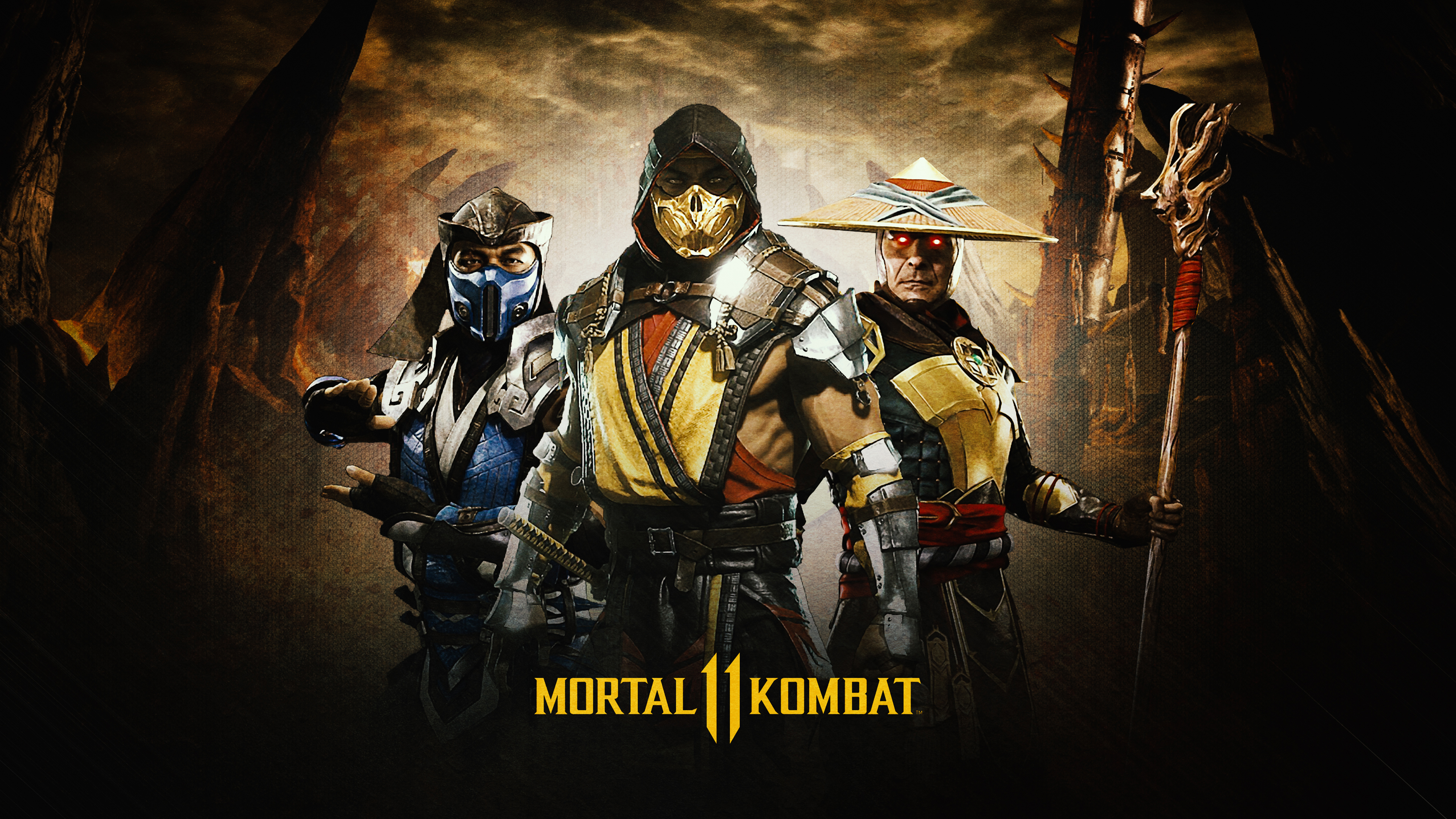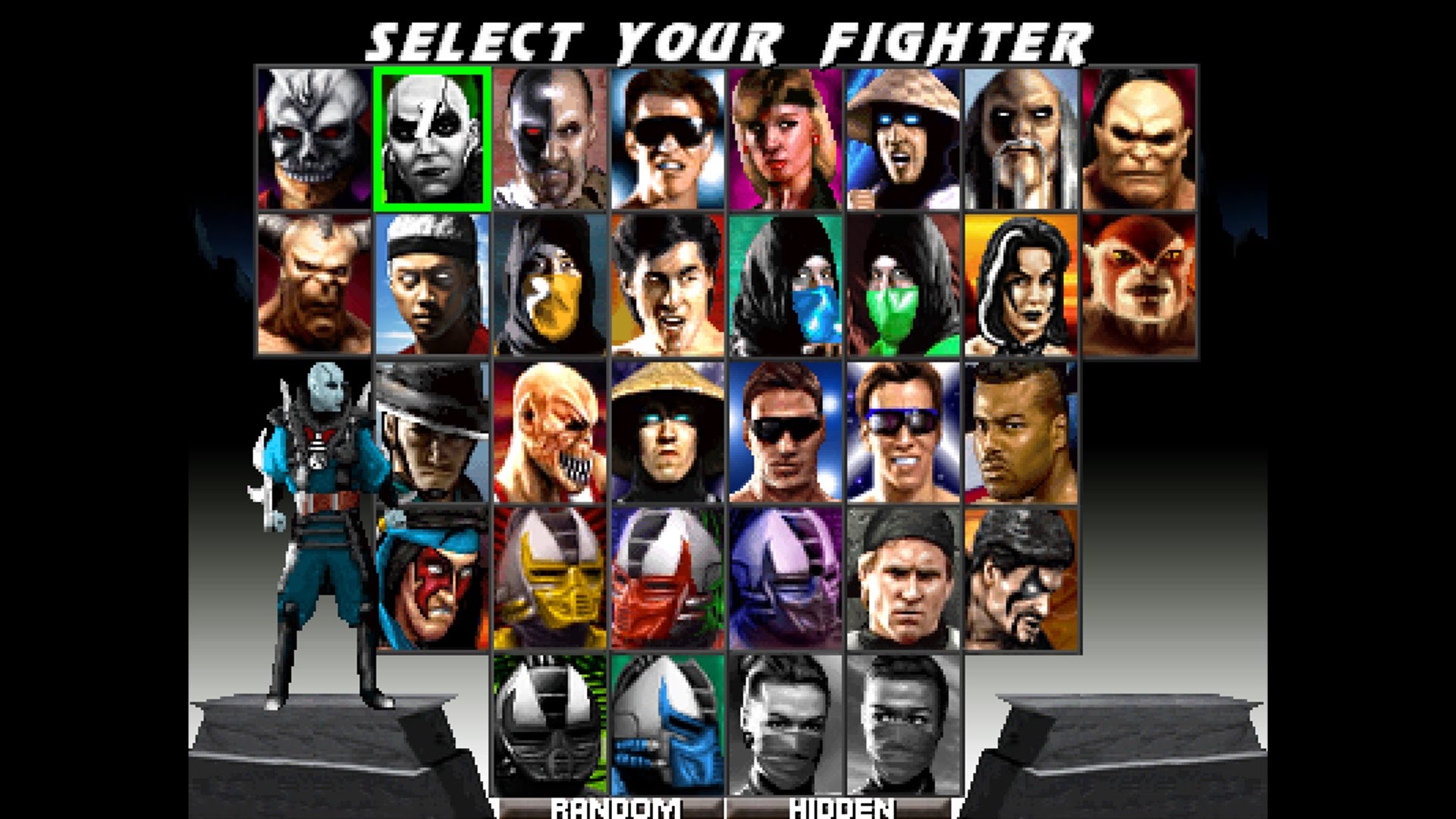
We’re introduced to three fighters in ‘95, Liu Kang (Robin Shou), Johnny Cage (Linden Ashby), and Sonya Blade (Bridgette Wilson-Sampras), who all get on a boat to the tournament for different reasons. This is basically an interdimensional version of the Bruce Lee classic, Enter the Dragon(1973), only with magical powers and the fate of the world at stake. By contrast, Mortal Kombat of the ’95 vintage is pretty straightforward and to the point. If you don’t, well Taslim and Sanada are such gifted martial artists that it still looks really cool. If you know the video game backstory of Sub-Zero/Bi-Han, and how he was kidnapped as a child by the Lin Kuei cult so they could brainwash him into the magical ninja we now see slaughtering Scorpion’s family, the scene has a sense of fateful tragedy. Beginning in 1600s Japan with a gnarly, brutal fight sequence between Sub-Zero (Joe Taslim) and Scorpion (Hiroyuki Sanada), this version of Mortal Kombat relies heavily on lore and world-building. The starkly different approach to storytelling in director Simon McQuoid’s 2021 Mortal Kombat is evident during the film’s opening scene. While both adaptations share the same basic premise of chosen “Earthrealm” guardians protecting our dimension from an invading force via martial arts fights, the executions diverge radically.

The new movie took a different approach to the material, and certainly a bloodier one. Genuinely, how many other pictures have the soundtrack scream the title of the movie over and over again, and it seems like a good idea? That ’95 movie holds the dubious honor of being generally considered the best video game movie adaptation of all-time, thanks to a tongue-in-cheek tone perfect for its mid-‘90s moment and maybe the greatest use of techno music in film. It’s the third Mortal Kombat movie released under the New Line banner, but let’s just call it the second serious attempt at putting this universe on screen after the 1995 cult classic directed by Paul W.S. and New Line Cinema’s hotly anticipated Mortal Kombat reboot opening in theaters and premiering on HBO Max. This weekend marks another milestone in that history, too, with Warner Bros. More than any other video game series, Mortal Kombat has seen a plethora of live-action adaptations, from Hollywood movies to syndicated television. The phrase is also a pretty apt description for the various filmmakers who’ve attempted the challenge of taming this crazy dragon on screen.

Yet they’ve also become synonymous with a franchise that’s arguably the most popular video game fighter of all-time. They were meant to signal an interlude between the simple pleasures of digitized sprites spilling buckets of blood. “Test your might.” These are the words of a minigame in the original Mortal Kombat arcade fighter from 1992. This article contains Mortal Kombat (2021) spoilers.


 0 kommentar(er)
0 kommentar(er)
